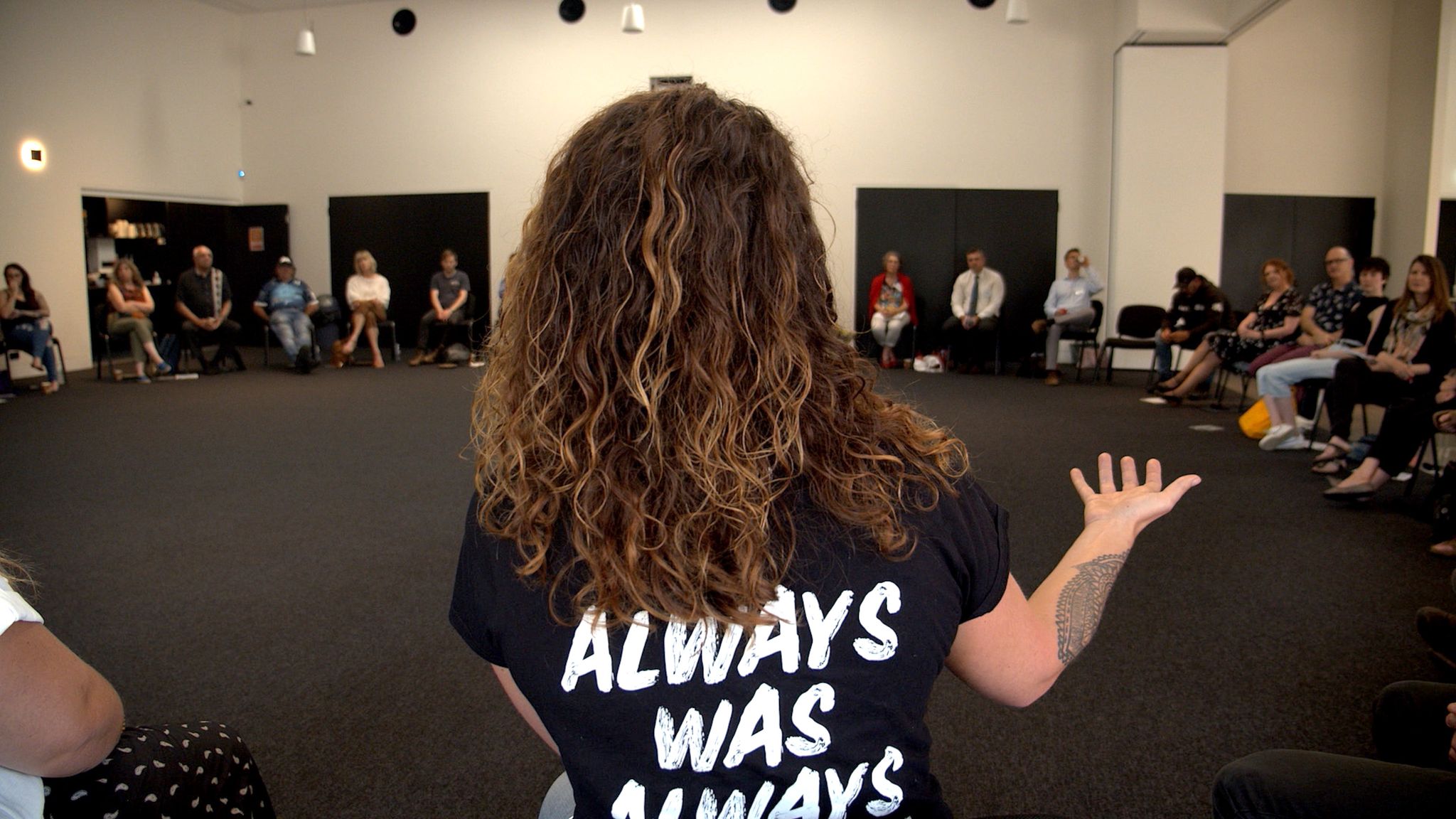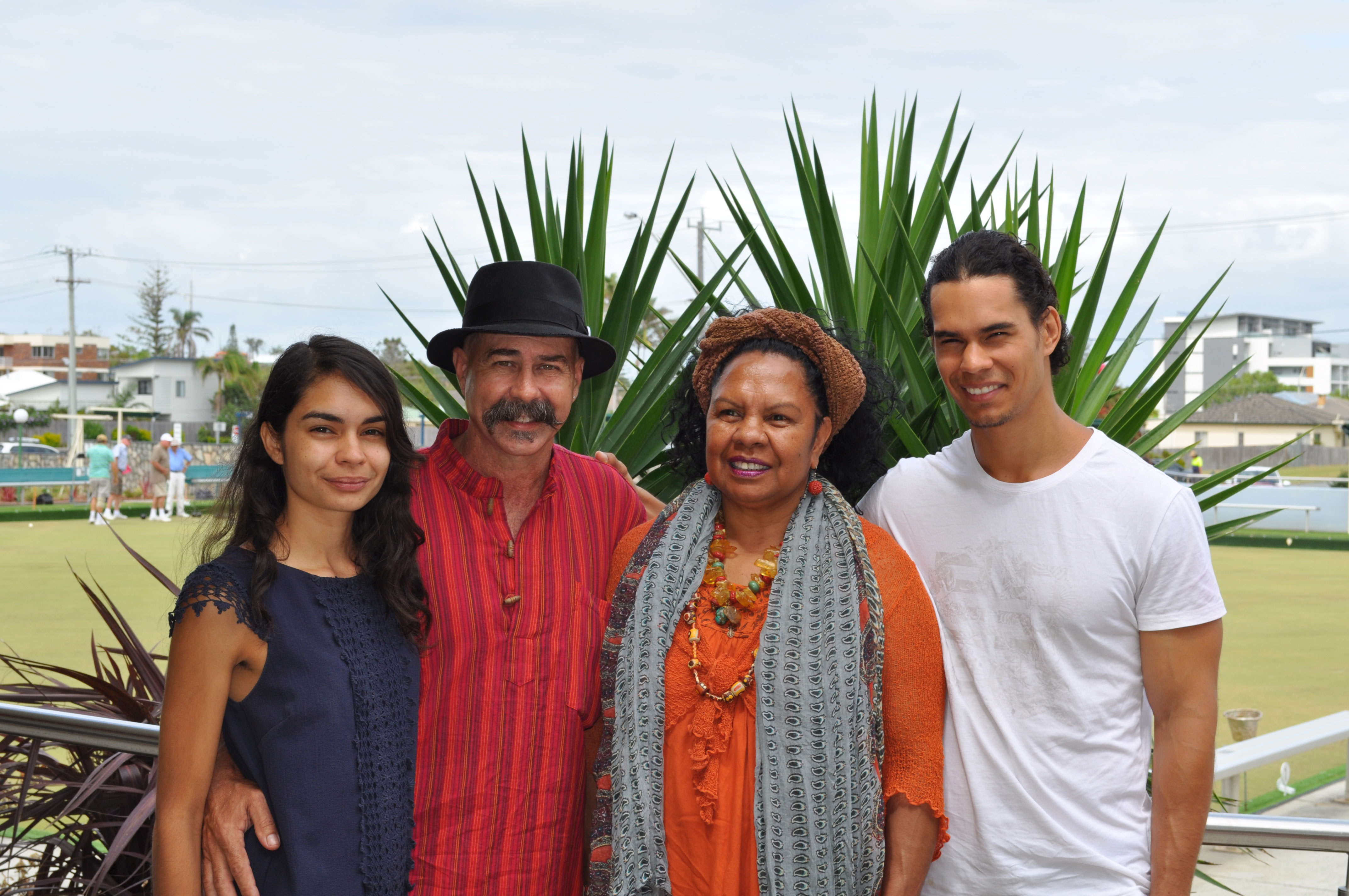To help address some of the barriers facing Indigenous researchers, the University of Newcastle has launched a new scholarship for Aboriginal and Torres Strait Islander PhD candidates.
Established with support from the Australian Government Research Training Program (RTP), the new Indigenous Priority Scheme aims to support Indigenous PhD researchers achieve success during their studies.
The University is proud to announce the first recipient of the Scheme – Ian Perdrisat whose research in the field of education will seek to develop a holistic approach for improving the lives of Indigenous youth in remote communities.
Pro-Vice Chancellor Indigenous Strategy and Leadership, Nathan Towney said the scholarship scheme was critical for addressing the inequality and barriers facing Indigenous researchers, and to help improve life outcomes for Indigenous peoples through Indigenous-led research.
"Aboriginal and Torres Strait Islander people bring a unique and valuable expertise to the field of research and a scholarship like this will allow recipients to fully immerse themselves in their research, without the worry of financial burden," Mr Towney said.
 Interim Dean of Graduate Research, Associate Professor Kylie Shaw, explained the successful scholarship recipients would receive a living allowance for four years, thereby providing financial support over the length of a full-time PhD.
Interim Dean of Graduate Research, Associate Professor Kylie Shaw, explained the successful scholarship recipients would receive a living allowance for four years, thereby providing financial support over the length of a full-time PhD.
"Often it is the financial barrier that prevents prospective PhD students from taking that next step. Through the Indigenous Priority Scheme, we aim to break down those barriers so that Indigenous researchers can reach their full potential," Associate Professor Shaw said.
Ian Perdrisat, a Barkinji and Wangkamurra Traditional Owner who grew up in Western Sydney, has been living in the remote Kimberley region of Western Australia for the past 30 years.
Mr Perdrisat studies remotely with the University of Newcastle.
His lived experience in remote communities, combined with academic experience, will see him complete a research project that will have important outcomes for Aboriginal youth in remote communities.
"Colonisation of the Kimberley region of Western Australia has had a profound and lasting impact on the original people, environment, society and culture. The colonial framework continues to marginalise Indigenous people through the region, particularly youth," Mr Perdrisat said.
"The aim of my research is to identify a model to influence policy and attract investment to improve the wellbeing of Aboriginal youth in the Western Kimberley region. My research is focused on changing the narrative to support solutions on the ground, particularly regarding Aboriginal youth suicide, and the scholarship from the University of Newcastle will help me be able to tell that story through the completion of my PhD."

First recipient of the Indigenous Priority Scheme, Ian Perdrisat (second from left) with his family.
Vice-Chancellor Professor Alex Zelinsky AO congratulated Mr Perdrisat on his scholarship and said he welcomed the focus on Indigenous PhD Researchers.
"Higher degree researchers make a big contribution to our University's research profile, but historically, Indigenous academics in this category haven't been afforded the same opportunities as their non-Indigenous counterparts," said Professor Zelinsky.
"This scholarship is a fantastic initiative that seeks to address these inequalities and highlights the University of Newcastle's commitment to improving Aboriginal and Torres Strait Islander health, well-being and educational opportunities.
"I look forward to seeing the outcomes and impact of the research that our PhD candidates undertake."






